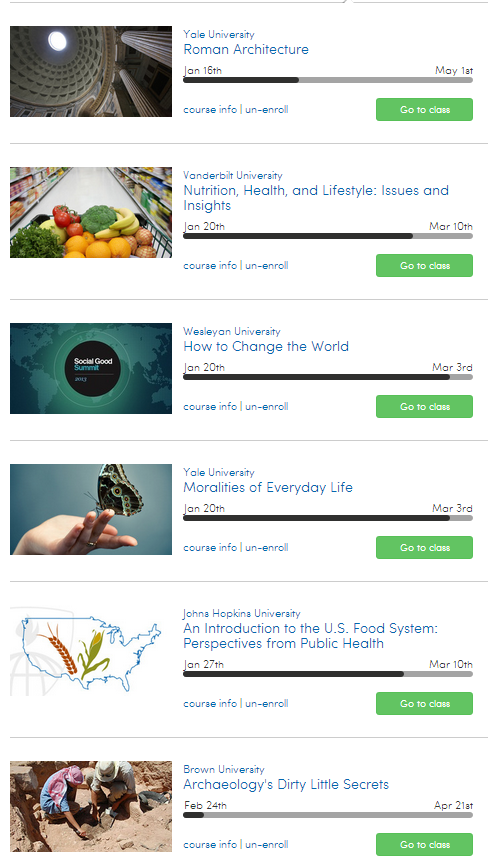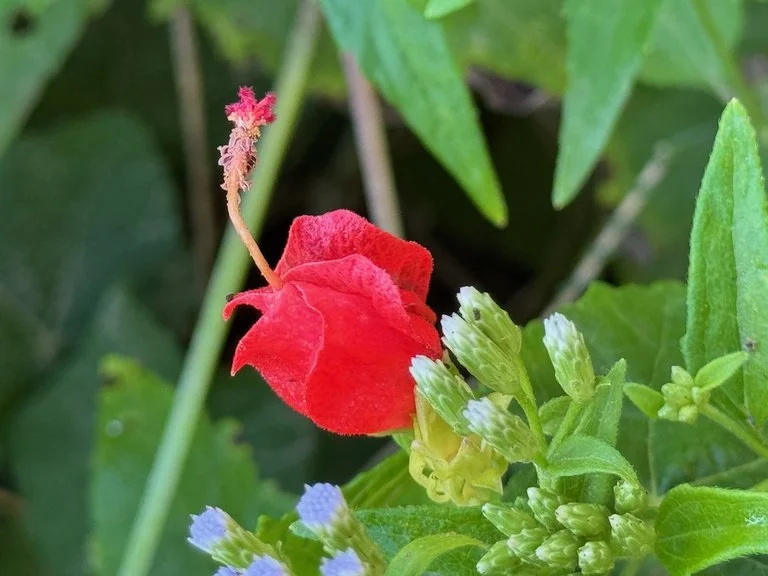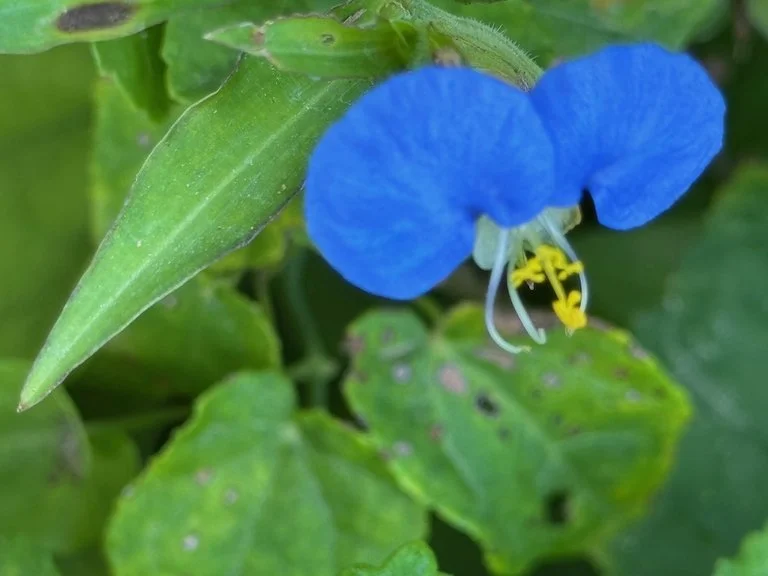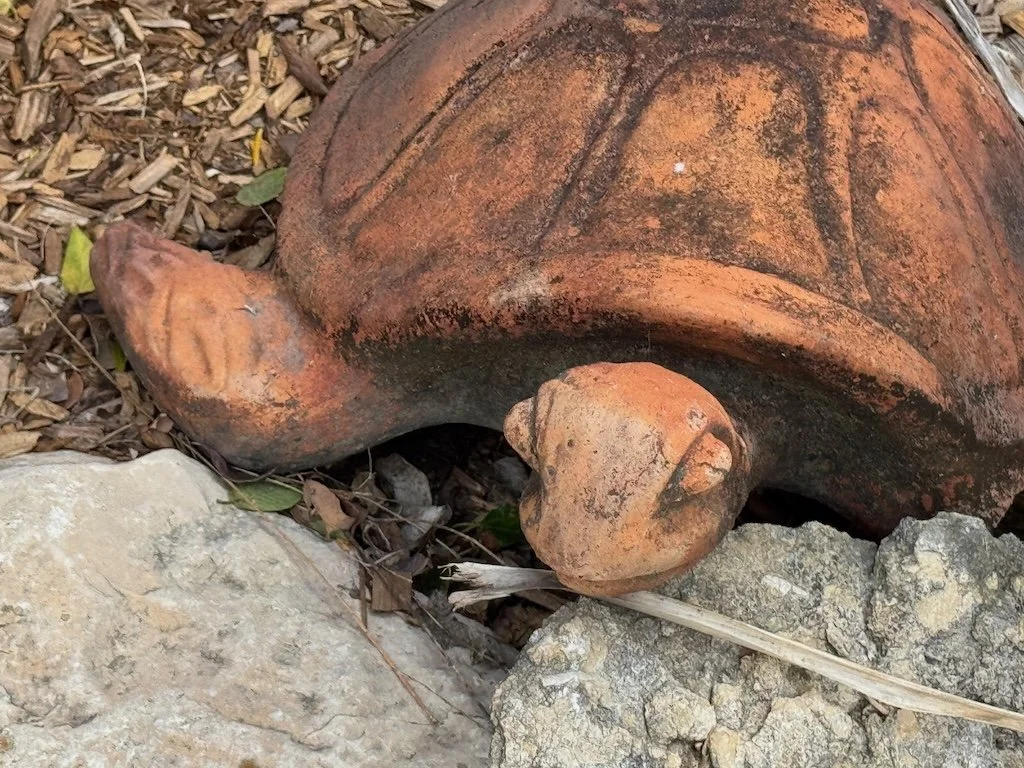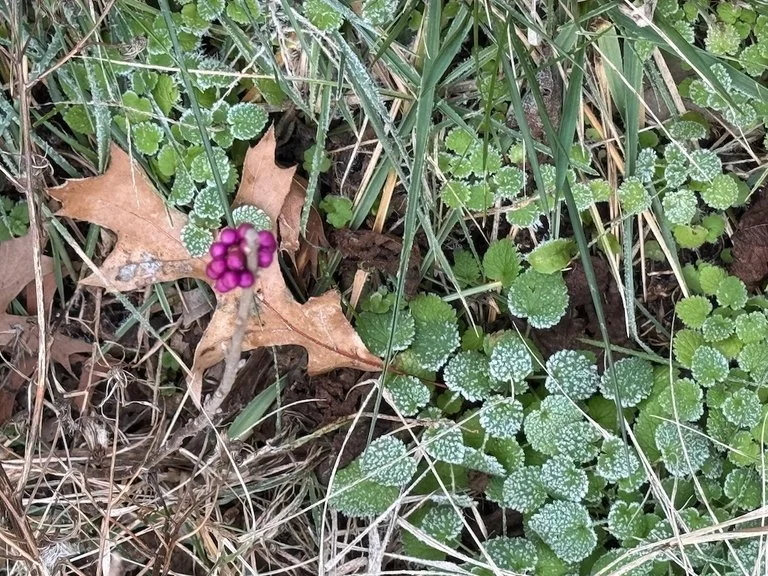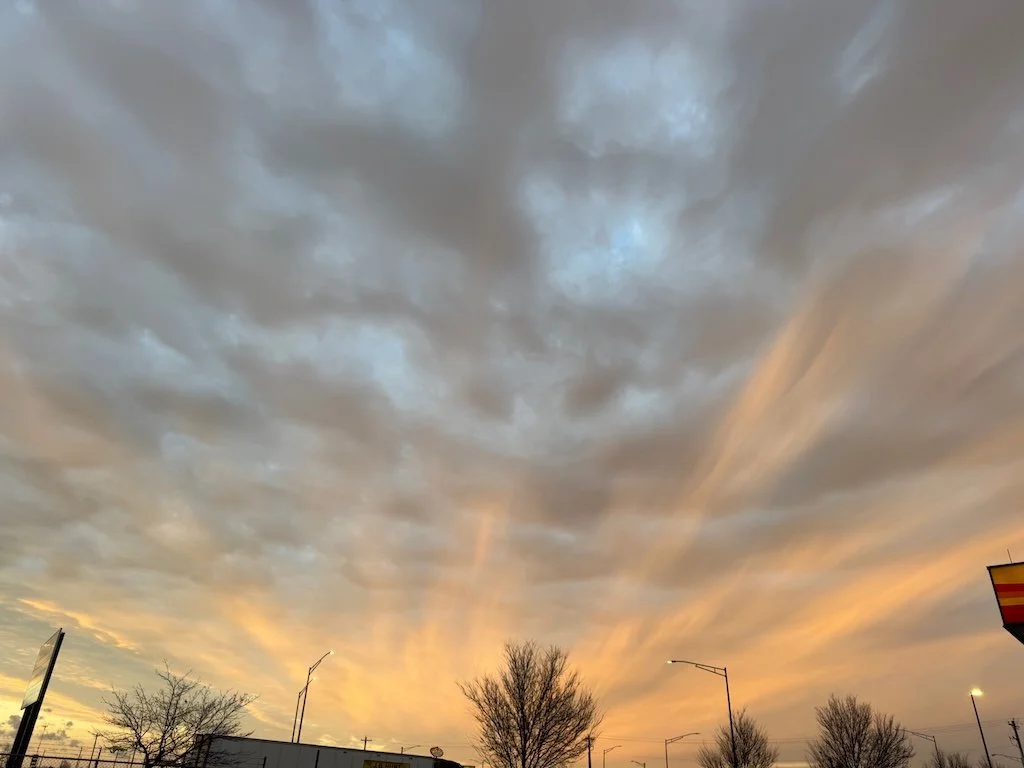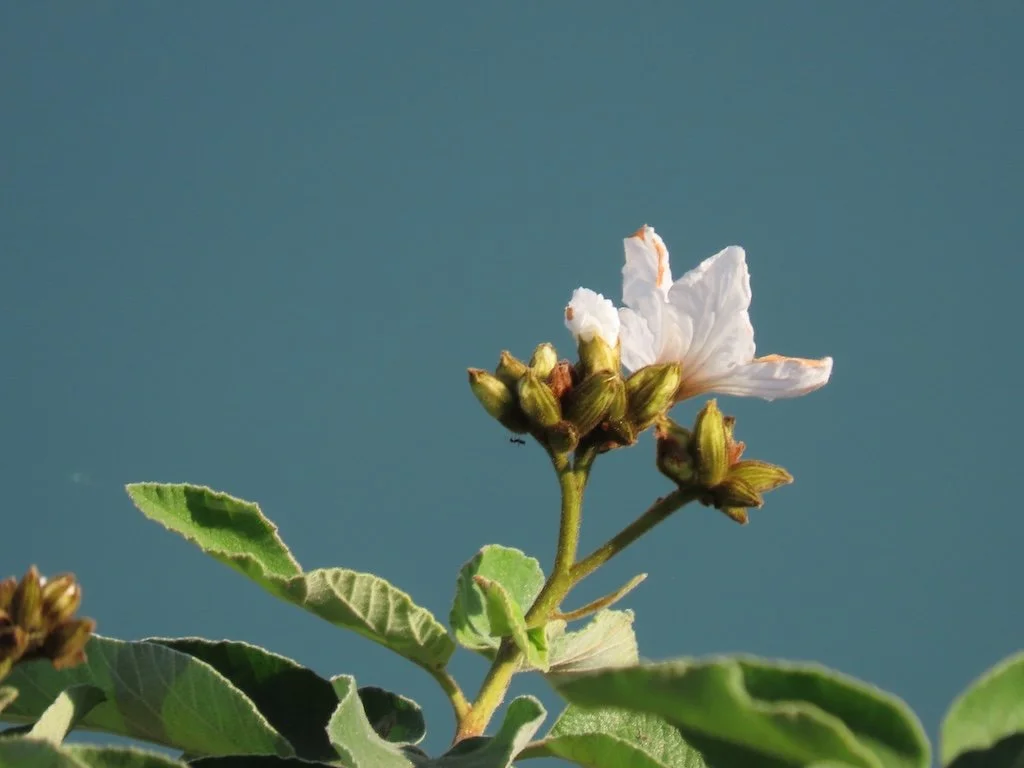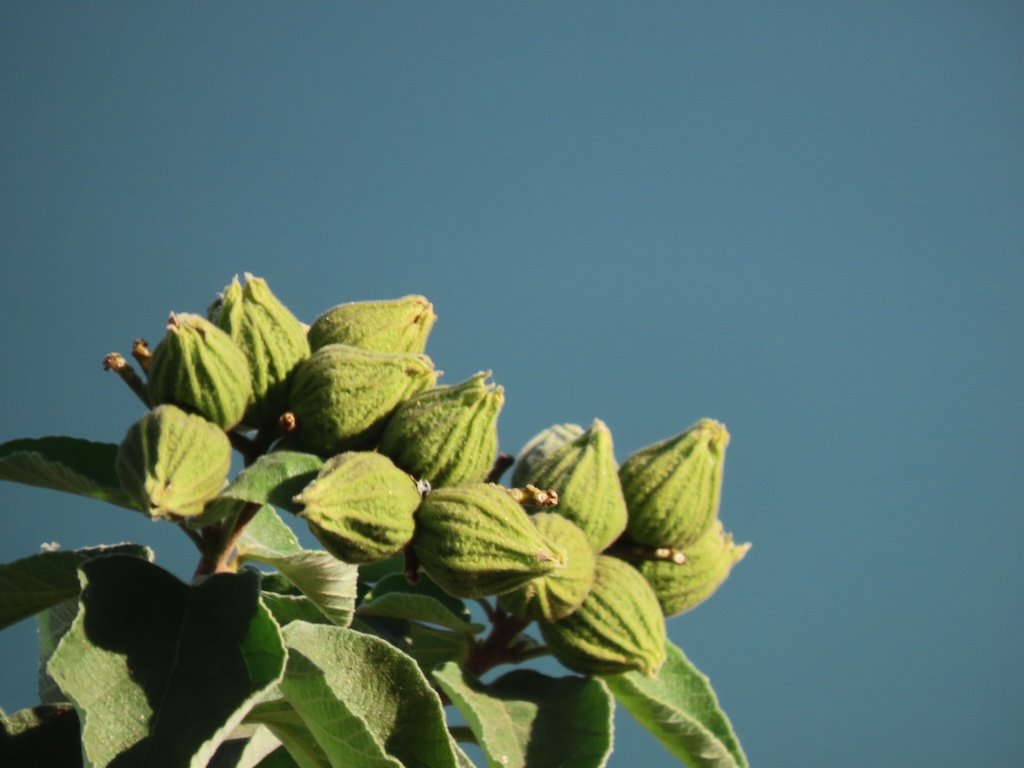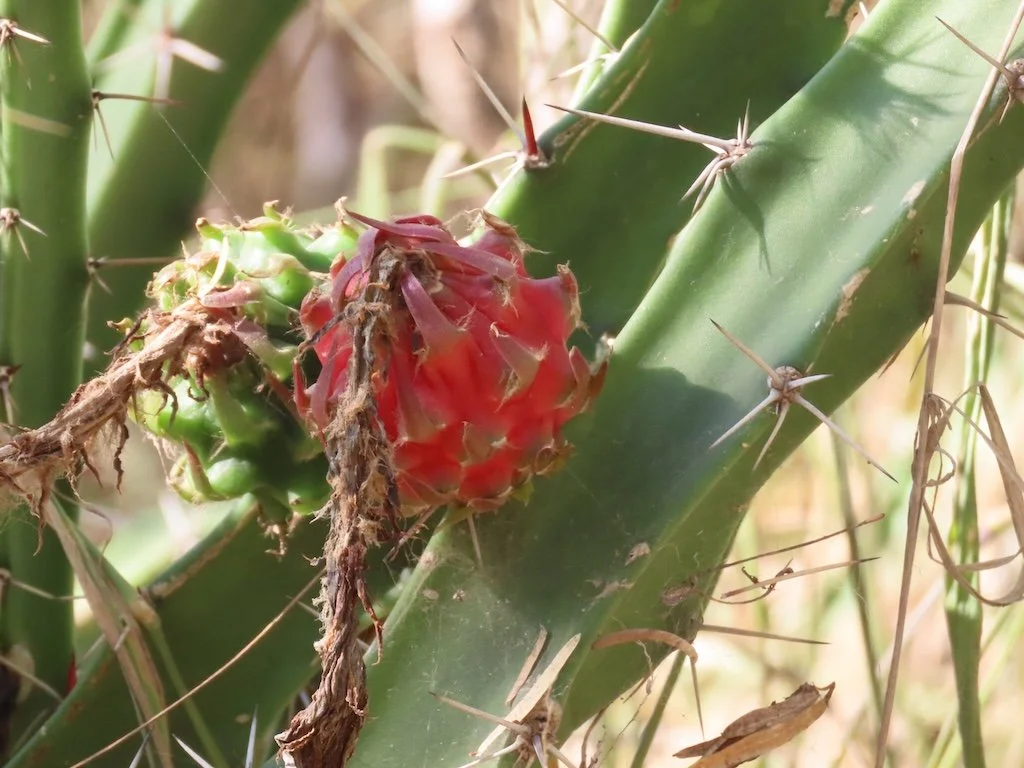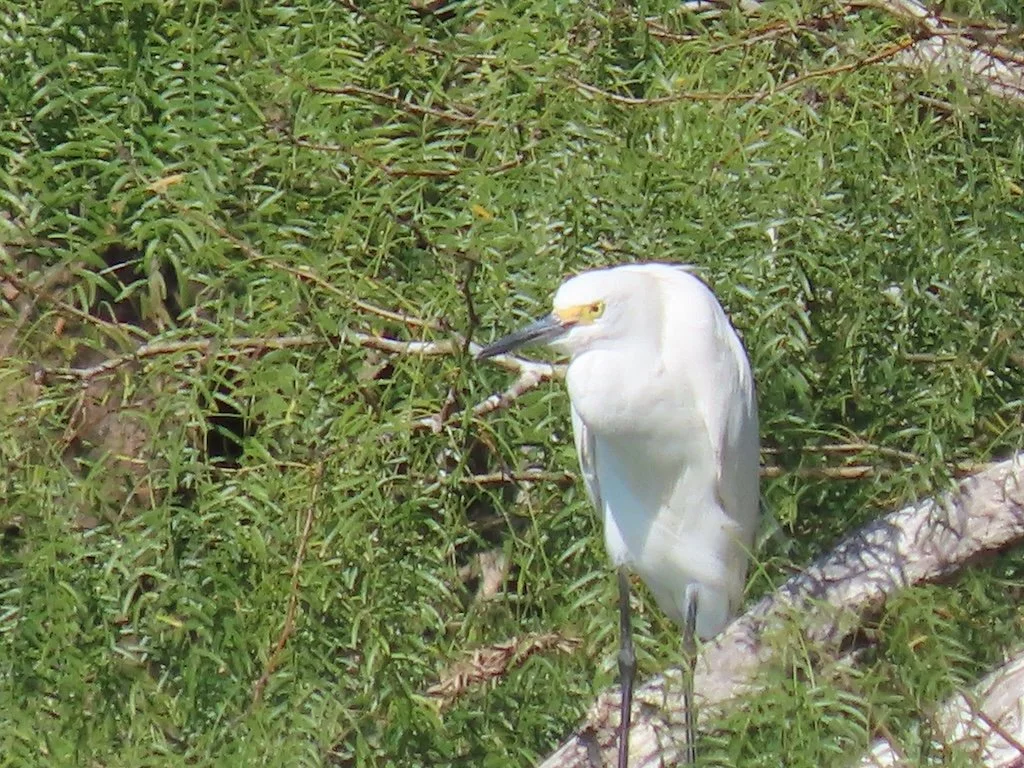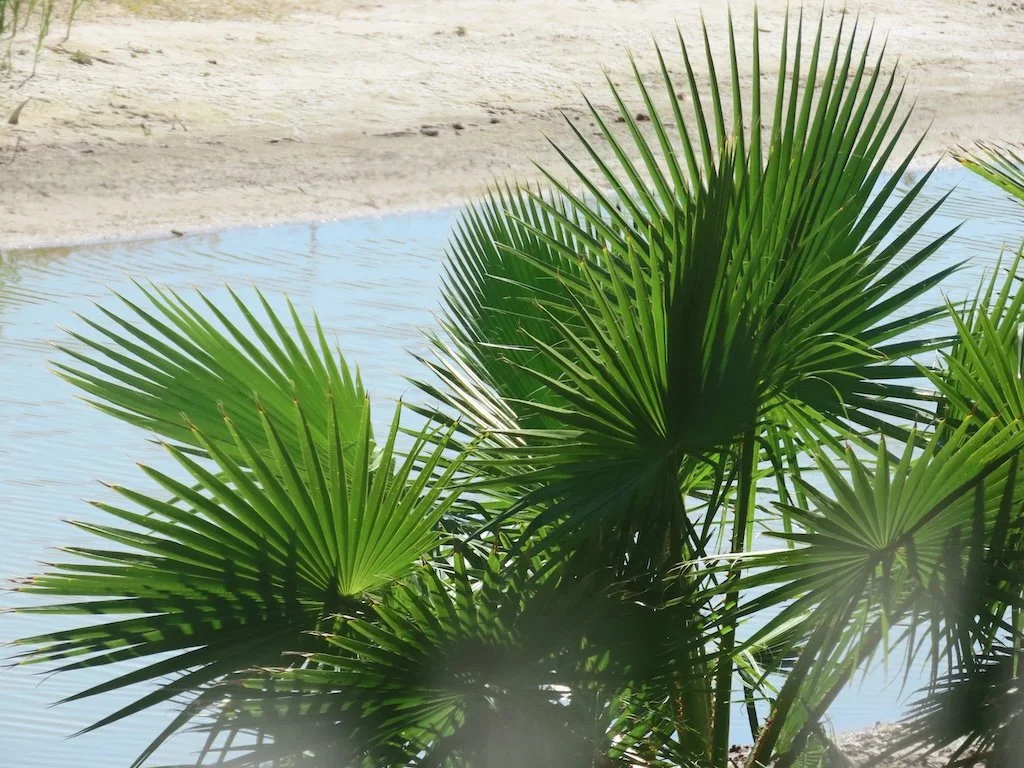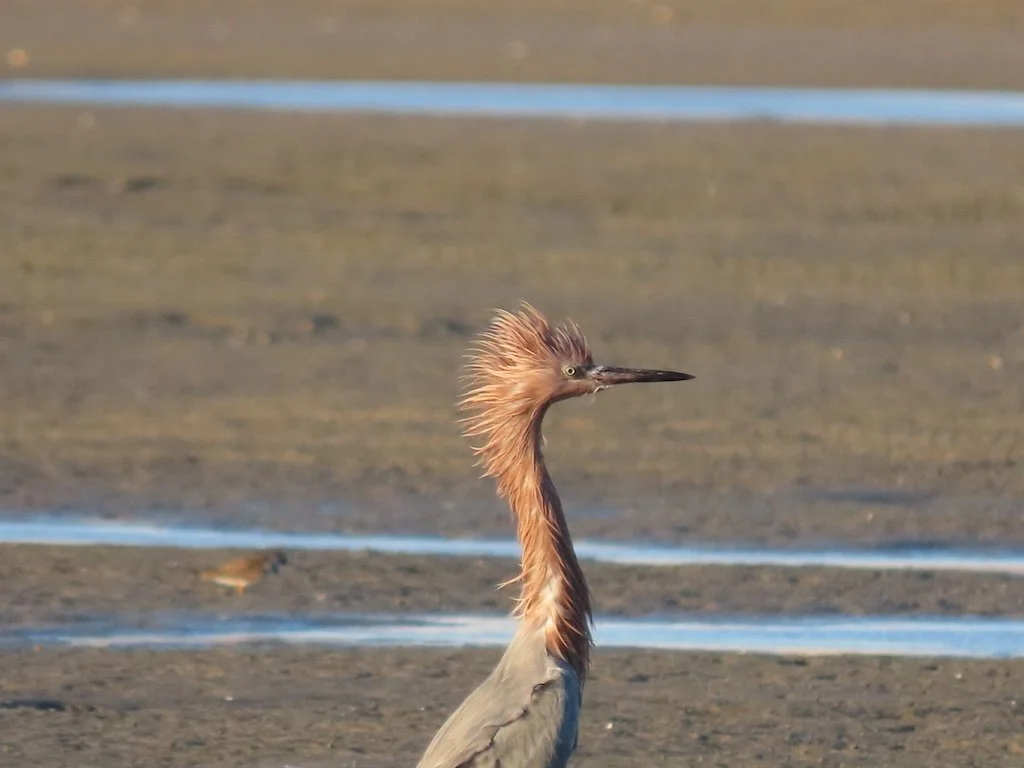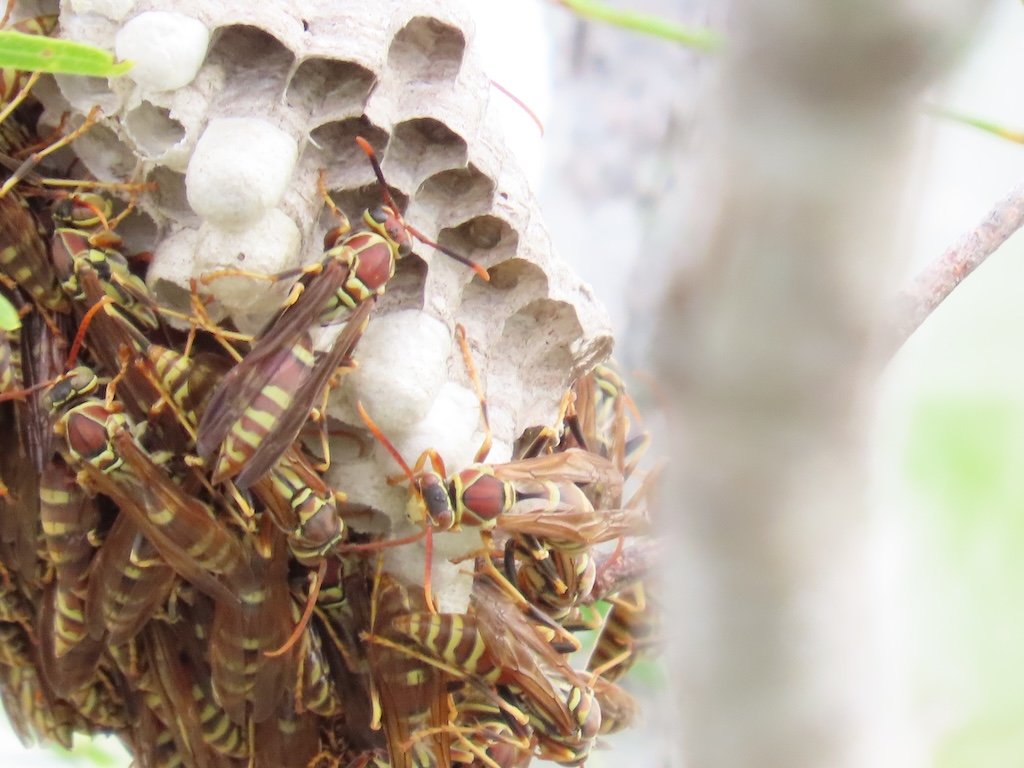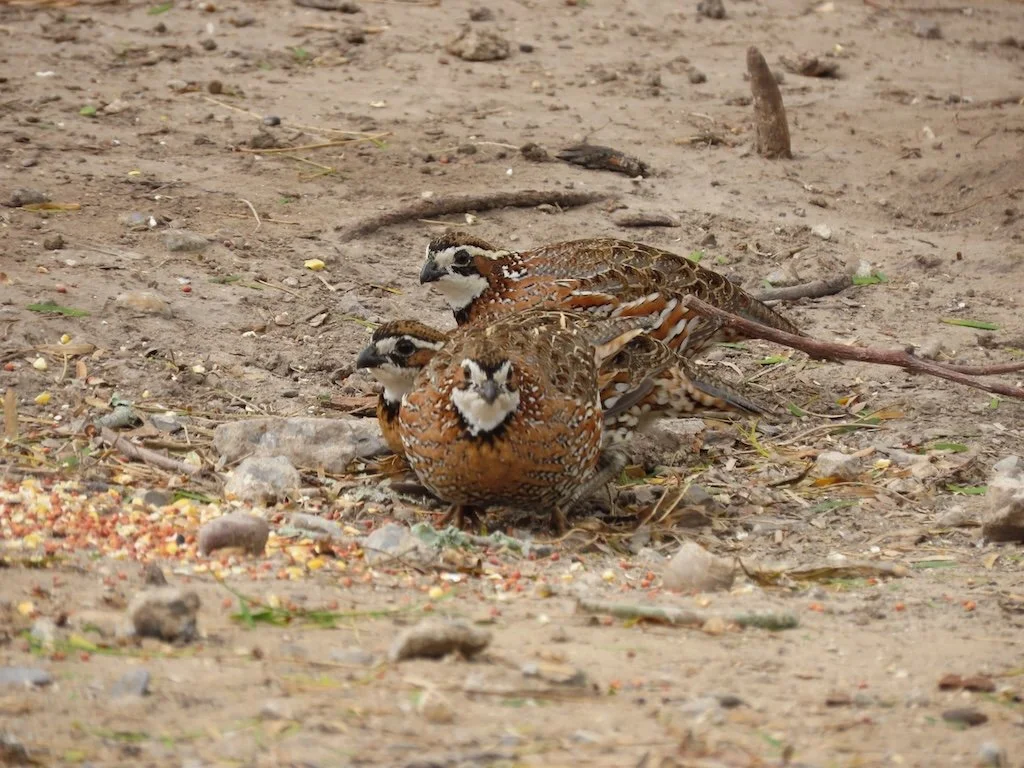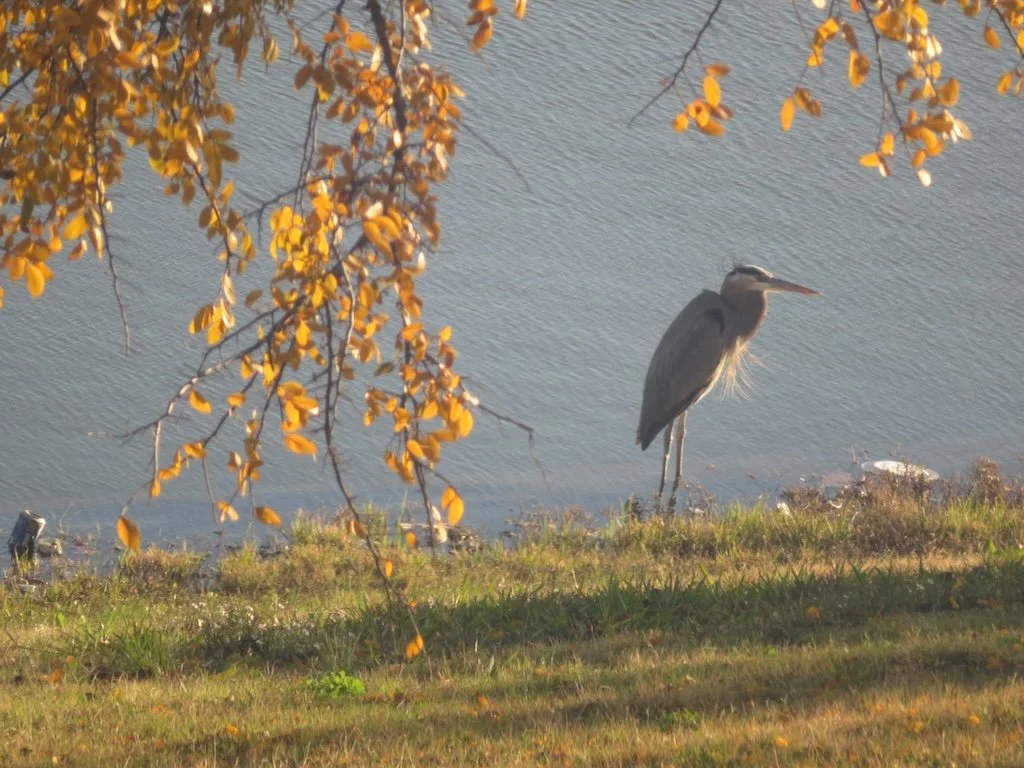Gleanings of the Week Ending September 13, 2014
/The items below were ‘the cream’ of the articles and websites I found this past week. Click on the light green text to look at the article.
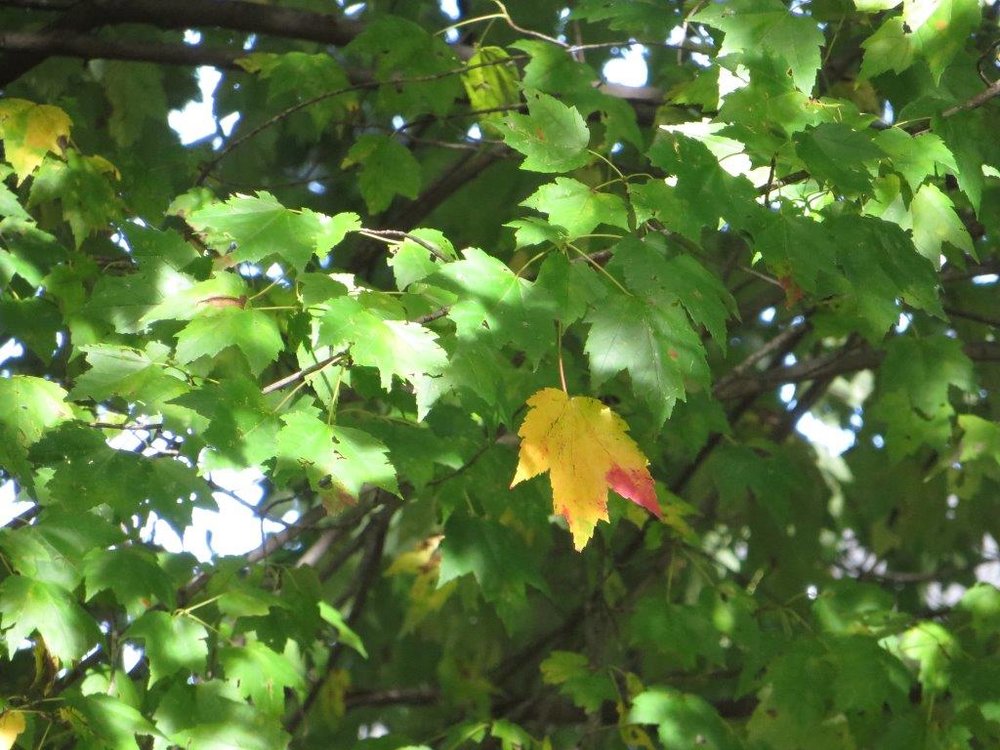 The Chemicals behind the Colors of Autumn Leaves - I couldn’t resist including the link to this post about the colors of fall - from a chemistry perspective.
The Chemicals behind the Colors of Autumn Leaves - I couldn’t resist including the link to this post about the colors of fall - from a chemistry perspective.
Smithsonian’s Wilderness Forever Photo Contest - A collection of photographs celebrating 50 years of the Wilderness Act.
Doctors Discover a Woman with No Cerebellum - Wow! Evidently there are some other documented cases of this…but not well studied in a living person.
Scientists discover how to 'switch off' autoimmune diseases - Another step forward in systems biology to understand and then treat the root cause of a disease rather than treatment based on symptom relief.. Until recently it was not even possible to gain the understanding. Is this type of treatment going to become the future of medicine?
New Database of Food Policy Resources - From the Johns Hopkins Center for Livable Future.
New digital map reveals stunning hidden archaeology of Stonehenge - And we thought we knew everything that was there….what a difference applying new technology makes!
This Animated Field Guide to North American Butterflies Is Mesmerizing - Expand the graphic and just look at it! How many do your recognize?
It's the pits: Ancient peach stones offer clues to fruit's origins - Using pits to track the domestication of peaches in China….7,500 years ago.
Who Really Declared War on Coal - It turns out that China’s GDP decoupled from coal consumption in the 2008-2010 time frame. It’s a very good thing for China that it can continue to grow even while improving their air quality by moving to other kinds of energy production.
Bacteria from bees possible alternative to antibiotics - 13 lactic acid bacteria are found in fresh honey and they produce many antimicrobial compounds.


